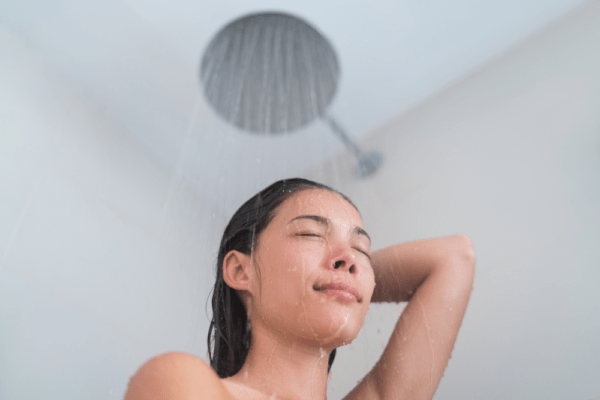Sleep hyperhidrosis, or what is generally known as Night sweat, is one of the common conditions experienced worldwide. The condition seems like when you wake up in the middle of the night with lots of sweat dripping down your body despite your room is cool from the air conditioner.
It indeed is the sign of night sweat, which means excessively sweating and night and waking up due to the same. It isn’t a severe condition, but it indicates your urgent need for medical attention because there could be plenty of reasons behind why are you sweating so severely.
We all have a brain location that works to release this water from the body’s pores in the form of sweat to maintain the body’s temperature. The place is known as the hypothalamus. Hypothalamus works to make the sweat glands work and release sweat from the body, working as a cooling system.
There are often cases observed when a person seems to sweat throughout the day and night. The condition is termed hyperhidrosis explicitly; experts have shared their opinion saying that there could be a link between hyperhidrosis and social anxiety disorder because people feel embarrassed about their sweating problem.
Moreover, it is necessary to talk to your doctor regarding this issue and not feel embarrassed about it because your central nervous system might be why these conditions keep occurring in you. However, there are different reasons observed in men and women why sleep hyperhidrosis occurs in both these sexes.
The Specific cause of Night Sweat in Men & Women
Night sweats do have common grounds on why they are occurring in a person’s body. Still, it also depends on the gender of the person since the hormonal changes and functioning impact any health condition.
Reasons for Night Sweat in Women
- The on-going hormonal changes during menopause or if the menopause phase is just around the corner
- During the pregnancy phase
- Postpartum night sweat, which means a woman experiencing might sweat just after she has given birth.
Reasons for Night Sweat in Men
The reasons for hormone imbalance or a hormone change could also be a possible reason for night sweats in men. A study claims that men who have reached 45 or more experience a reduction in testosterone hormone levels in their body, and the drop of this hormone level leads to night sweat as one of the many symptoms.
However, nothing could be said about this reason for night sweats in men, but doctors advise hormone treatment in men during this age or identify the exact cause for night sweats.
The common causes of Night sweat found in both the sexes
Excessive perspiration could result from many other activities, such as when you are into an aggressive workout routine. As a result, you keep sweating the whole day because your body tries to maintain the right temperature drenching off the system’s excess heat.
The other reasons for your’s response tonight sweat or sweating during sleep time could be:
- Consumption of any medication such as antidepressants, lowering of fever, diabetes medication could cause night sweat.
- Response to low blood sugar in your body
- Infectious diseases such as Influenza that involves fever could cause night sweat.
- Acid reflux could also cause night sweat as one of the symptoms.
- Stress or anxiety in people, specifically in those who have difficulty sleeping due to night terrors or maybe insomnia.
- Cardiovascular diseases might also have night sweats as one of their symptoms.
- An individual suffering from any autoimmune disease
- People who have cancer such as lymphoma and leukemia could also suffer from night sweats as the early symptoms.
Ways to treat/stop Night Sweats
The best to work and reduce night sweats is to identify the exact cause, making it occur, or if any hormone imbalance is involved in that case doctor may work on curing the same. Some of the other strategies to manage night sweat involves:
- Try to wear clothes which are loose and breathable.
- Keep the room and environment cool as much as possible so that you may sleep peacefully.
- Drinking less water before just before sleep
- Try not to eat anything just before 2-3 hours of bedtime.
- Maintain a diet that is low in sugar and fat
- Practice breathing exercises before bed or after you wake with night sweat.
- Try drinking enough water so that there isn’t any dehydration in the body.
- Try restricting the consumption of alcohol up to some extent, which could help too.
- There is antiperspirant available, which could be used underarms, chest, back, etc., for a cooling effect and peaceful sleep.
Night sweat could affect the quality of sleep and hence identifying the cause of it is very necessary. The best way is to meet your physician and try curing the unlying condition resulting in a night sweat, and it may reduce automatically.




